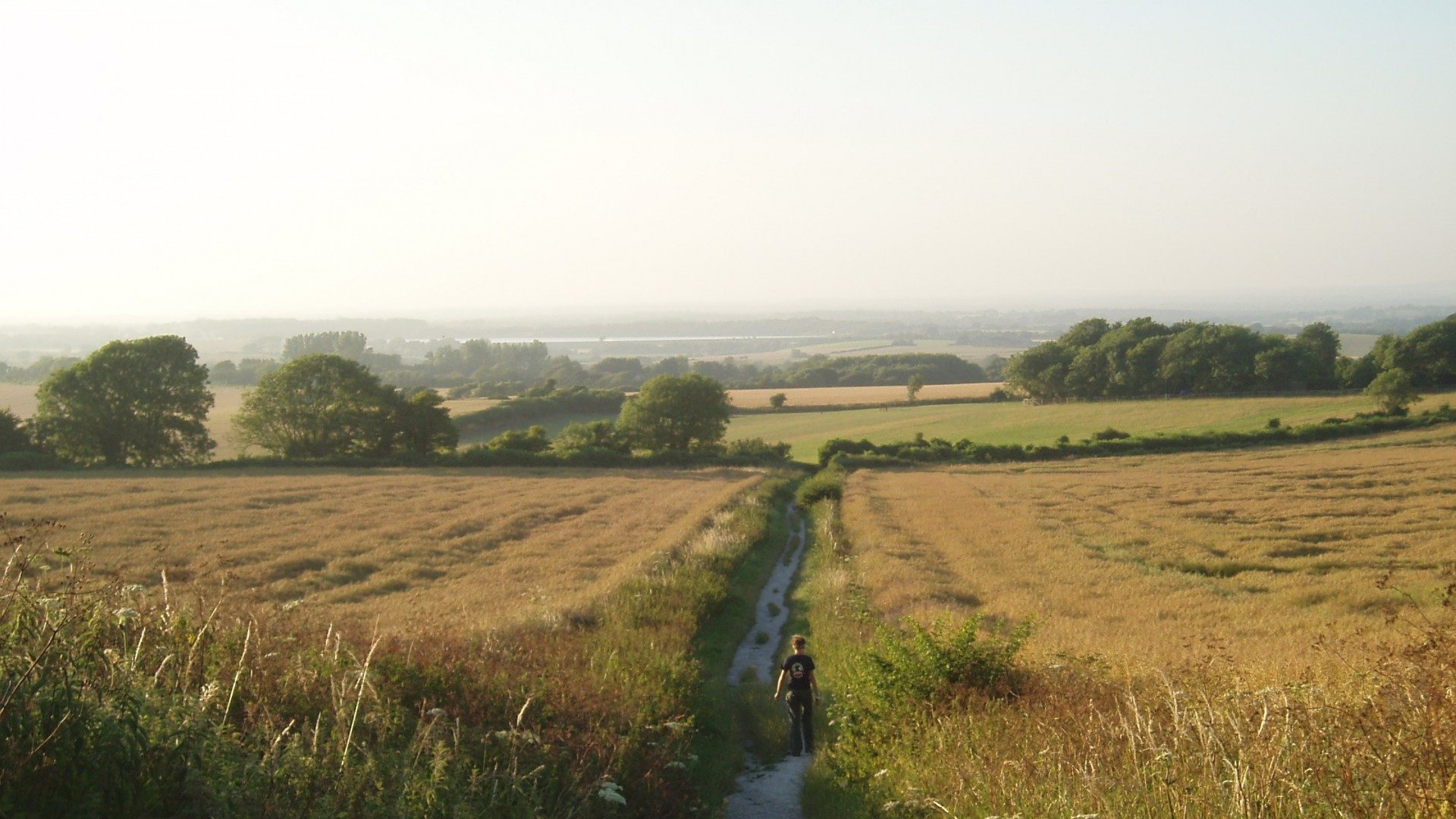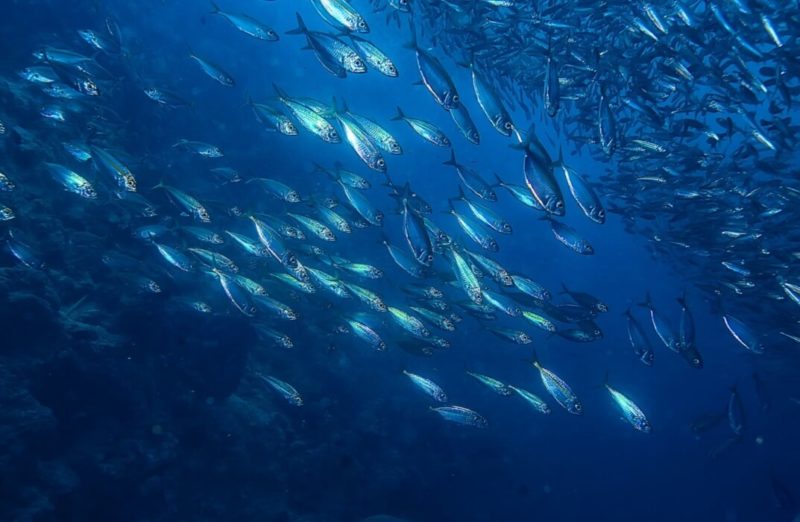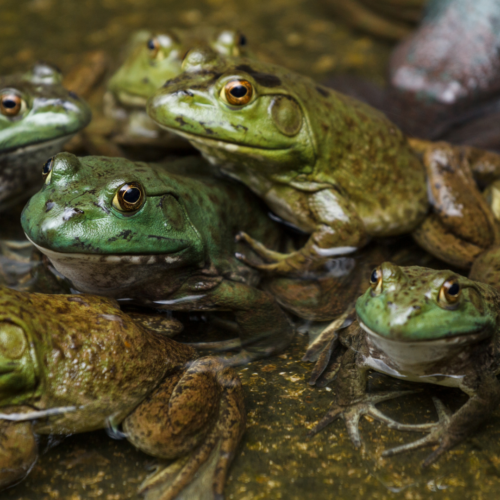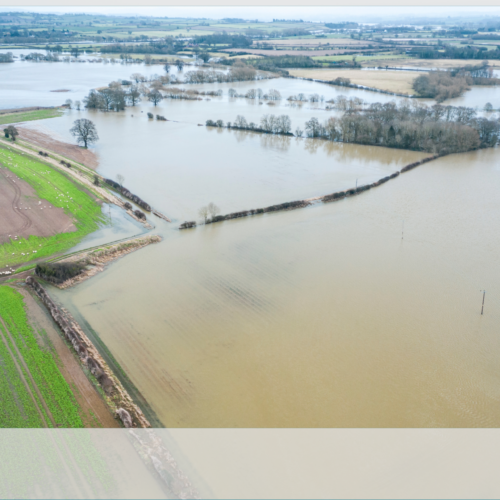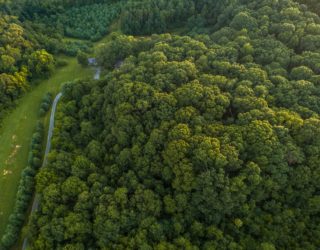Back in June 2016 Richard Arnold, Thomson Ecology’s Technical Director, published an article on the Brexit vote and its implications for environmental legislation.
In his article Richard reminds us that all of the EU Directives which relate to wildlife protection (birds, habitats, Water Framework, Environmental Impact Assessment and environmental liabilities) have been transposed into UK Regulations. And a recent review of protected species legislation recommended strengthening the legislation, rather than weakening it. Furthermore a wide range of species, such as bats, birds and marine life, were given national protection under the Wildlife and Countryside Act before the creation of the EU Habitats Directive, affording those species continued protection should the EU legislations be repealed.
In essence when the UK leaves the EU, our wildlife and environment will remain protected.
However, the inauguration of the new President of the United States, Donald Trump, comes with new uncertainties about how the UK’s relationship with the US will impact on our environment. With the apparent dismantling of the Environmental Protection Agency, environmentalists are concerned that, moving forward, big business will triumph over conservation in the US.
But why is this relevant to the UK?
Any trade deal between the UK and the US needs to ensure that our natural environment remains protected. US regulations protecting environment and conservation are more lenient than ours and we must ensure that our regulations are not watered down to meet theirs.
Under the North American Free Trade Agreement (NAFTA), Canada has been taken to court by US companies, and over two thirds of the cases have focussed on the environment or resource management policy. One firm, Clayton, sued the Canadian Government for compensation because an environmental assessment which recommended that it could not open a quarry and marine terminal to mine basalt was ‘arbitrary and unfair’.
More recently Lone Pine Resources is suing the Canadian Government after the Quebec administration withdrew permissions for fracking under the St. Lawrence River in order to protect the river environment. Lone Pine Resources describes this as an ‘illegal revocation without due process, compensation and with no cognisable public purpose’ and is suing the Canadian Government for CAD$118.9 million (£72 million).
The shale gas (fracking) industry has had difficulties getting approval for its plans in the UK due to strong local and environmental opposition. A trade deal which protects US investments in the UK, as NAFTA protects them in Canada, could lead to the undermining of our environmental legislation and protected areas, instead favouring the heavy weight of big business.
